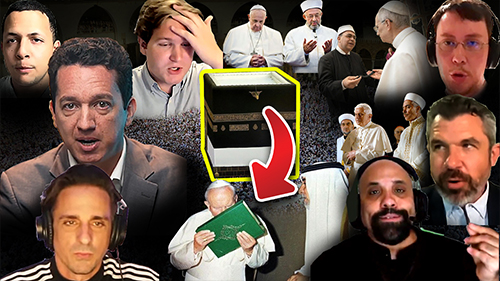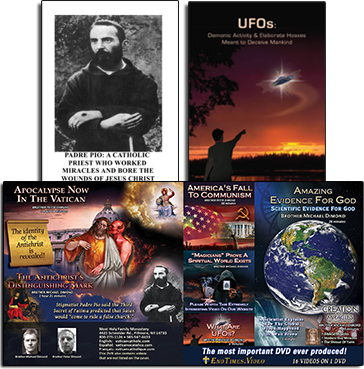Spirituality
Jesus said: “He that is of God, hears the words of God. Therefore you hear them not, because you are not of God.” (John 8:47)
Doctrine
St. Athanasius, Discourse Against the Arians, Chap. 3, A.D. 356: “Therefore, since all that remains is to say that from the devil came their mania (for of such opinions he alone is sower), proceed we to resist him— for with him is our real conflict, and they are but instruments —that, the Lord aiding us, and the enemy, as he is wont, being overcome with arguments, they may be put to shame, when they see him without resource who sowed this heresy in them, and may learn, though late, that, as being Arians, they are not Christians.”










 " />
" /> " />
" /> " />
" /> " />
" /> " />
" />





